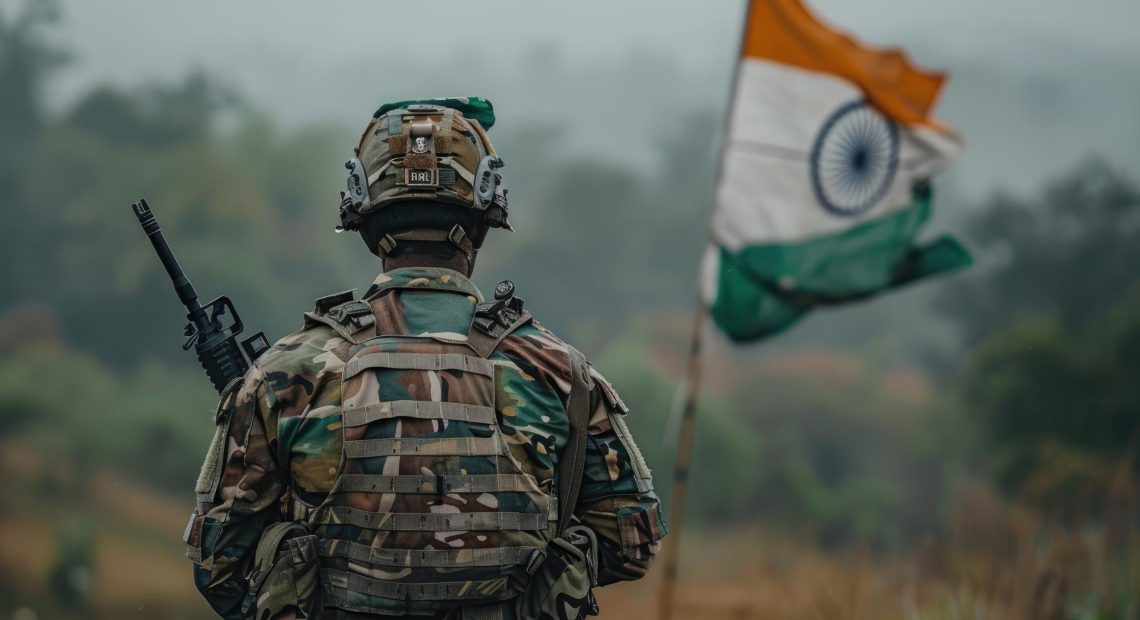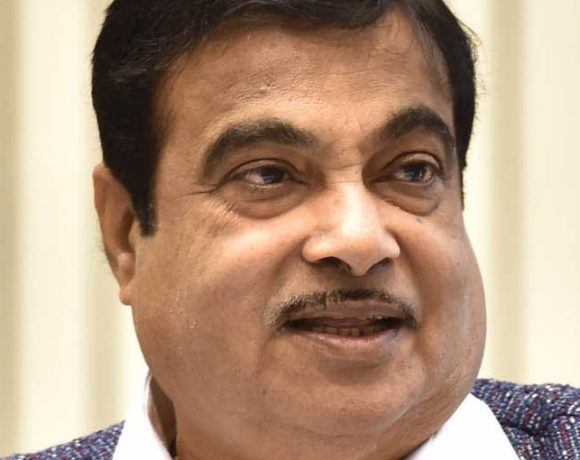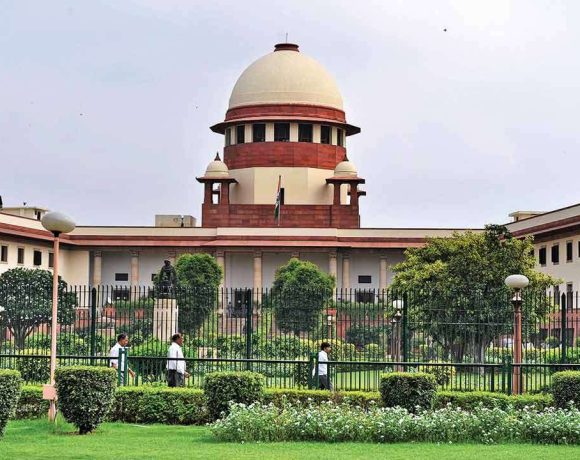
India to Conduct Mock Drills in Four Pakistan-Bordering States
India will conduct large-scale civil defence mock drills on May 29, 2025, in four states that share a border with Pakistan: Jammu and Kashmir, Punjab, Rajasthan, and Gujarat. The drills are designed to assess and enhance the emergency preparedness of civil administration, medical infrastructure, and local security agencies in regions considered high-risk due to proximity to the international border.
The Union Ministry of Home Affairs has coordinated the exercises in consultation with the National Disaster Response Force (NDRF), armed forces, and local state governments. The drills will involve coordinated scenarios including air raid siren activation, blackout enforcement, mass evacuation protocols, public alert systems, and first-responder simulations.
Strategic Context After Operation Sindoor
The announcement of these drills comes in the wake of India’s Operation Sindoor — a retaliatory military operation that targeted terror infrastructure in Pakistan and Pakistan-occupied Kashmir following the April 22 Pahalgam terror attack. Indian officials have described the mock drills as part of a broader shift toward normalization of civil defence preparedness in light of evolving national security threats.
These exercises, while routine in nature, take on heightened importance in a post-strike environment where the risk of escalation or asymmetric retaliation remains elevated. By integrating military readiness with civilian preparedness, authorities aim to present a unified front in deterrence and resilience.
Officials have emphasized that the drills are not a sign of imminent conflict, but rather a measure of prudence and precaution in sensitive zones. Similar drills had been scaled down in the past decade but are now being revived as part of a national framework for integrated threat response.
Public Engagement and Safety Messaging
Local authorities in all four states have begun public awareness campaigns to inform residents about the timing, objectives, and protocols of the mock drills. Residents have been urged not to panic during the siren alerts or evacuation simulations and to follow instructions from emergency response teams.
In urban and border towns, special advisories have been issued to educational institutions, hospitals, and transport agencies to participate and rehearse standard operating procedures. Public response is expected to be crucial in evaluating the effectiveness of coordination among multiple agencies.
While some citizens have expressed concern about potential disruptions, government officials maintain that these drills are essential for building long-term security culture and ensuring civilian safety in times of crisis. These activities are part of a broader push to integrate emergency awareness into public consciousness, especially in regions that remain under continuous strategic observation.


















